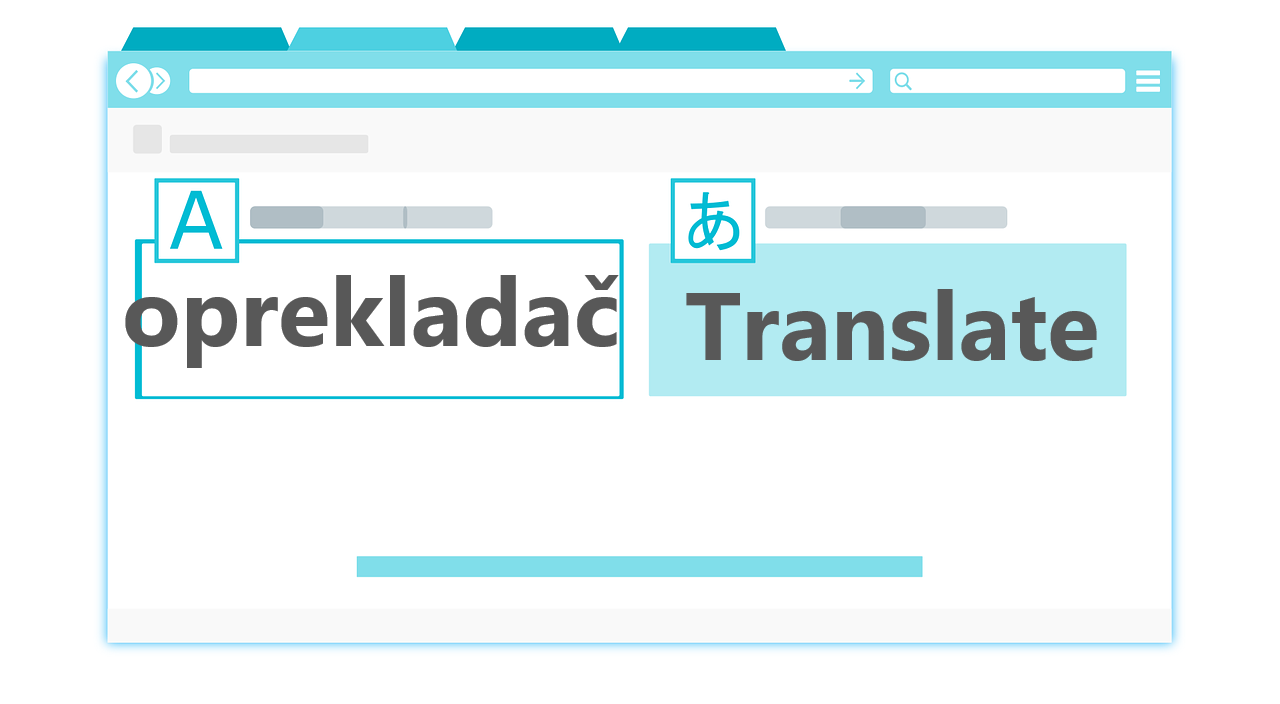Have you ever been annoyed by those pesky cookie pop-ups or overwhelmed by the sudden influx of privacy policies? You’re not alone. Welcome to the world of Compliância – where businesses navigate the complex web of rules and regulations to stay on the right side of the law.
Understanding Compliança: An Introduction
Do you ever wonder about those annoying cookie pop-ups on every website? Or how do companies suddenly have stringent privacy policies and terms of service? That’s all thanks to compliância. Compliância refers to the rules and regulations companies must follow to stay on the right side of the law. As technology and data use have evolved, compliância has become a big deal. If companies don’t comply, they can face significant legal trouble.
Exploring Compliança: Key Aspects and Principles
Compliância is a Portuguese word that refers to compliance or conformity. In business, compliância means following laws, regulations, guidelines, and policies that apply to your company or industry. If you want to operate legally and ethically, compliância should be a top priority.
Fundamental Aspects and Principles of Compliância
Compliância includes things like:
- Following environmental regulations to dispose of waste and pollutants properly
- Upholding health and safety standards to protect employees and customers
- Abiding by data privacy laws to keep personal information secure
- Ensuring financial reporting is accurate and transparent
- Providing regular compliância training for all staff members
Implementing an Effective Compliância Program
To implement an effective compliância program, several key steps should be followed:
- Start by conducting a risk assessment to identify areas of compliance vulnerability in your organization.
- Develop clear policies and procedures to address the significant risks. These should be easy to understand and follow.
- Provide regular compliance training for all employees. This helps ensure everyone understands their obligations and the potential consequences of non-compliance.
- Monitor and audit compliance to verify policies are being followed.
- Have reporting mechanisms in place for employees to report suspected violations confidentially.
- Enforce compliance through appropriate disciplinary measures when violations occur.
- Review and revise the program periodically to improve effectiveness.
FAQs:
What is compliância?
Compliância, derived from the Portuguese word “compliance,” refers to conforming to rules, regulations, and standards set forth by authorities or within an organization.
Why is compliância important?
It is crucial for businesses to ensure legal and ethical operations. It helps maintain trust with stakeholders, protects against legal risks, and promotes integrity in business practices.
What areas does compliância cover?
It encompasses various aspects, including data privacy, environmental regulations, labor laws, financial reporting, and industry-specific standards.
How can businesses achieve compliância?
Businesses can achieve compliância by implementing clear policies and procedures, conducting regular audits, providing employee training, and staying informed about relevant laws and regulations.
What are the consequences of non-compliance?
Non-compliance can result in legal penalties, fines, reputational damage, loss of trust, and even business closure in extreme cases.
Who is responsible for ensuring compliância within a company?
Compliância is a shared responsibility that involves various stakeholders, including management, employees, legal counsel, and compliance officers.
How can small businesses approach compliância?
Small businesses can start by identifying relevant regulations, seeking guidance from legal experts if needed, implementing basic compliance measures, and gradually expanding their compliância efforts as they grow.
What role does technology play in compliância?
Technology can streamline compliance processes, facilitate data management and reporting, enhance security measures, and provide tools for monitoring and enforcement.
Is it a one-time effort or an ongoing process?
It is an ongoing process that requires continuous monitoring, adaptation to regulation changes, regular training, and periodic reviews to ensure effectiveness.
How can employees contribute to this?
Employees can contribute to this by adhering to company policies and procedures, reporting potential compliance issues, participating in training programs, and promoting a culture of ethics and integrity within the organization.
Conclusion: Embracing Compliança
So, the next time you encounter those pesky cookie pop-ups or skim through yet another privacy policy, remember – it’s all part of compliança. While it may seem like a hassle, compliança protects you and ensures a level playing field for businesses. By understanding and embracing compliança, we can all contribute to a safer, more transparent digital landscape.
In summary, compliança may be complex, but it’s crucial for maintaining trust and integrity in today’s business world. So, whether you’re a consumer navigating the online marketplace or a business owner striving for compliance, remember – compliança is the key to a safer, fairer, and more ethical future.
You may also read: Iversær




